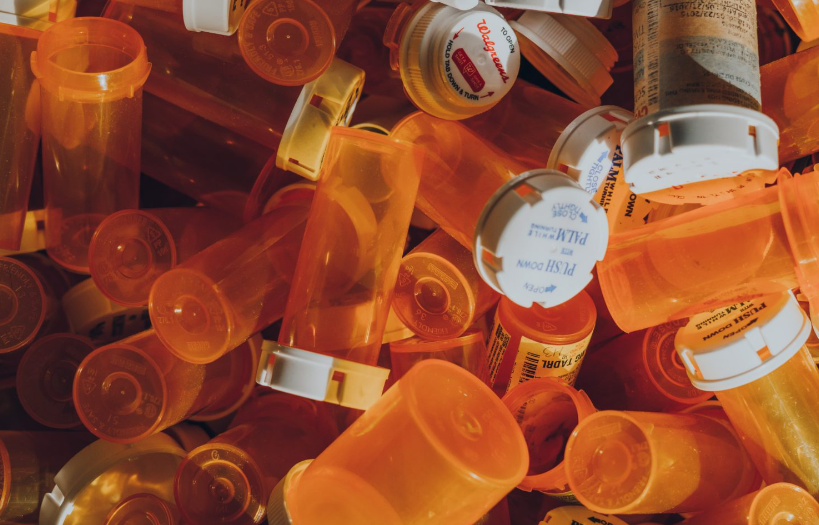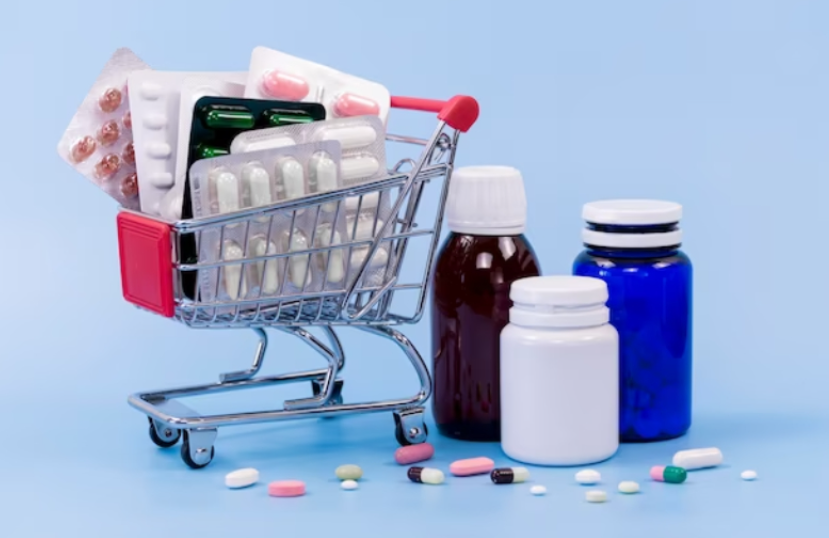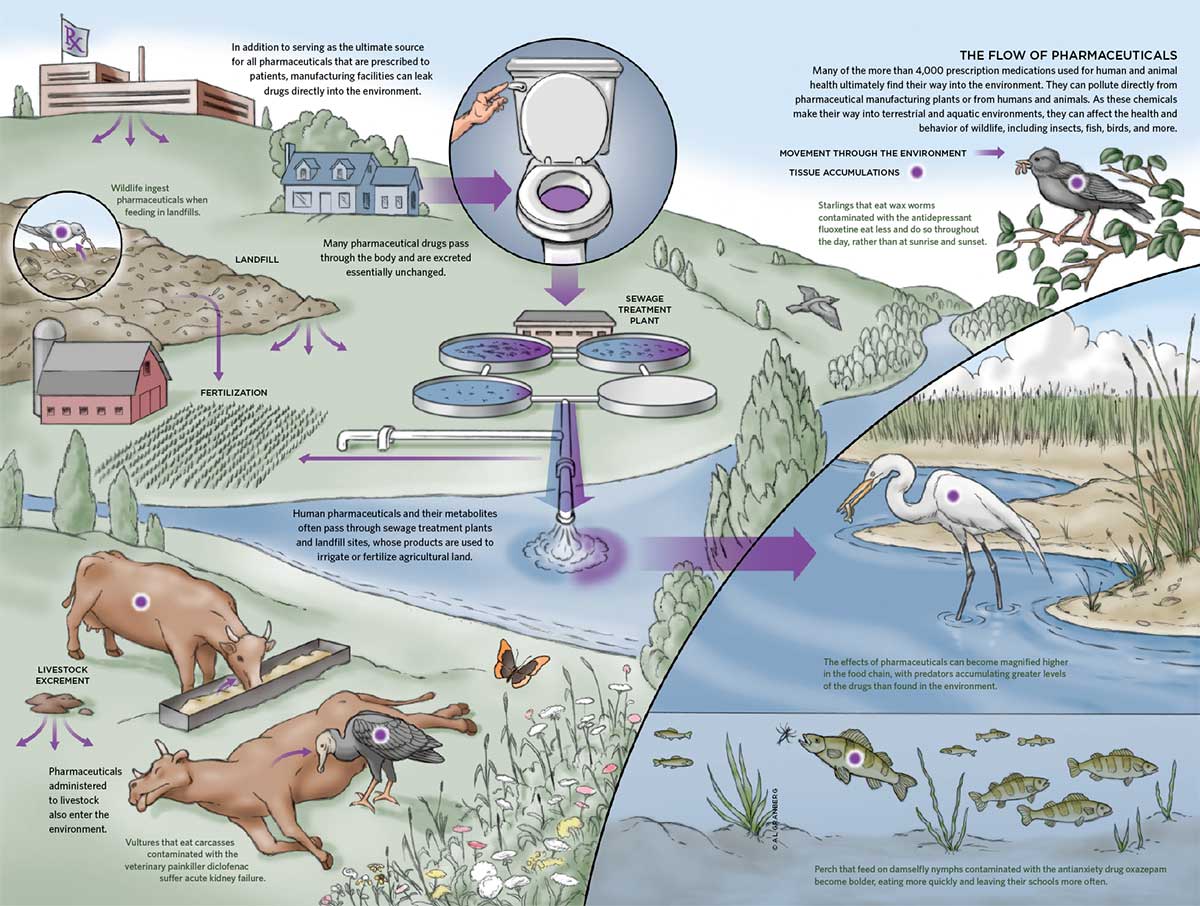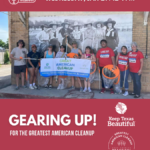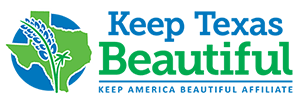by Mac Davenport, Interim KTR Program Coordinator
Improper storage and disposal of medication poses serious risks to the health of your family, community, and our environment. Unfortunately, unused prescription drugs can find their way into the wrong hands too easily and lead to misuse and addiction. Over 50% of people who misuse prescription pain medication get them from a friend or family member. Additionally, pharmaceuticals that end up in waterways can have harmful effects on aquatic animals. You can prevent these serious risks by taking simple steps to store and dispose of your pharmaceuticals responsibly.
While using prescribed medication, do not share your medication with others, and make sure to store these drugs out of sight and out of reach. When they’re no longer needed, it is crucial that you turn in your unwanted and expired pharmaceuticals to a take back program for safe disposal.
Take Back Programs
The safest way to dispose of pharmaceuticals is through a local take-back program. National Prescription Drug Take Back Day, sponsored by the US Drug Enforcement Administration (DEA), aims to provide “a safe, convenient, and responsible means of disposing of prescription drugs, while also educating the general public about the potential for abuse of medications.” National Take Back Day takes place every April and October. The next National Take Back Day is taking place on October 28, 2023, between 10 a.m. and 2 p.m. Find a collection site near you.
These collection sites will accept tablets, capsules, patches, tightly-sealed liquid medicines, and other forms of prescription drugs. They will also accept vaping devices and cartridges provided lithium batteries are removed. They will not accept syringes, sharps, and illicit drugs.
If you are not located near any collection sites, prescription drugs can be safely disposed of at many major pharmacies. Find an authorized collector near you.
Plan a Take Back Event
Texans for Safe and Drug Free Youth has developed a helpful toolkit which provides detailed guidelines and resources to plan, host, and evaluate a local drug take back event in Texas. Take a look at the toolkit here. Additionally, utilize these resources and templates from the DEA for creating promotional materials. Drug take back events can be held in any size community with any level of resources.
Alternative Safe Disposal Options
If an authorized collection site is not available near you, you may dispose of medication in the trash or toilet, but specific steps should be taken to reduce harm.
It is important to note that some medicines have specific directions to immediately flush them down the sink or toilet when they are no longer needed, if a take-back option is not available. You can find this information by checking the label or patient information leaflet with your prescription, or consulting the FDA’s “Flush List.”
However, do not flush other pharmaceuticals down the toilet or drain that are not on the Flush List. Drugs flushed down the toilet will end up in our waterways by leaching into groundwater from a septic tank, or by passing through the wastewater treatment process. Studies have shown that aquatic wildlife exposed to high concentrations of certain drugs in their environment have suffered adverse effects. These can include interference with growth and development, disruption to the endocrine system, and other changes to organs and hormones. Concentrations of drugs can accumulate as they’re passed up the food chain, amplifying toxicity and causing reduction in wildlife populations. Furthermore, these drugs are not filtered out during the wastewater treatment process, and can be cycled back into our drinking water.
Alternatively, you may dispose of prescription medicine in the trash. First, remove the drugs from their original containers and mix them with something undesirable, such as used coffee grounds, dirt, or cat litter. Then, put the mixture in something you can close (a resealable bag, empty can, or other container) to prevent the drug from spilling out, and throw the container in the garbage. Finally, scratch out all of your personal information on the empty medicine packaging. Recycle the packaging if it’s accepted by your local program, or throw it in the trash.
Resources & Further Reading
How to Dispose of Unused Medicines : Detailed FDA Guidelines for how to dispose of unused medications in the absence of Take Back programs
National Take Back Day Website
Prescription Drug Take Back Toolkit: How to successfully & safely host a drug Take Back event in Texas, from Texans for Safe and Drug Free Youth
National Take Back Day Promotional Toolkit
Safe Opioid Disposal Outreach Toolkit: Remove the Risk raises awareness of the serious dangers of keeping unused opioid pain medicines in the home and provides information about safe disposal of these medicines. Use these free toolkit materials from the FDA for talking with others about safe opioid disposal.
Drugs in the Environment: Do Pharmaceutical Take-Back Programs Make a Difference?
